Advantages and Disadvantages of Departmental StoreWhat is Departmental Store?A department store is a large retail establishment selling numerous consumer goods in numerous product categories. A department shop often contains several departments that sell a variety of things. 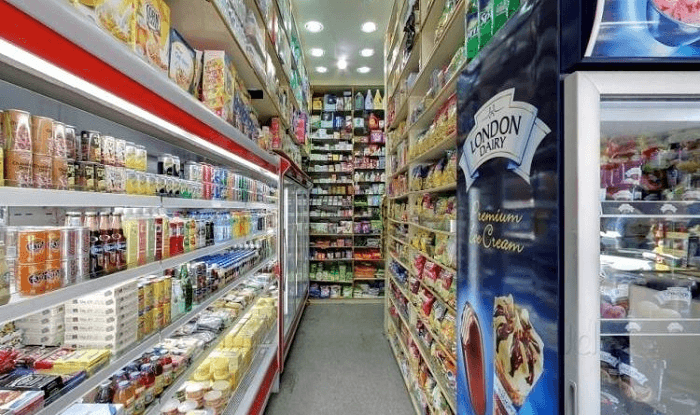
The most well-known department store type is the general merchandise department store, which sells a wide range of consumer goods such as apparel, home d�cor, and electronics. Different department stores include speciality stores, which focus on selling certain goods, and bargain shops, which sell things at cheaper prices than standard department stores. Department shops frequently employ showcasing strategies to attract customers and promote their products. Department shops' standard showcasing methods involve advertising, bargains advancements, and steadfastness programs. This types of stores routinely sponsor events and provide coupons and discounts to get people to visit their shops. In the United States, Canada, and Australia, the term "department store" is commonly used. Department shops are referred to differently in other parts of the world, such as Europe and Asia, as "Assortment Stores," "Retail Outlets," or "Shopping Malls." HistoryBennett's in Derby, which began as an ironmonger (handyperson business) in 1734, may have been one of the major department stores. It genuinely stands upright till now, having a comparable construction. Harding, Howell, and Co. opened in 1796 at Pall Shopping Center in London and was the first consistently dated department store to be built. (The most seasoned department store chain would be Debenhams, which was put out in 1778 and shut in 2021. It is the oldest English retailer.) An eyewitness described the endeavor in 1809 in Ackermann's Storehouse, an English journal on modern taste and style: 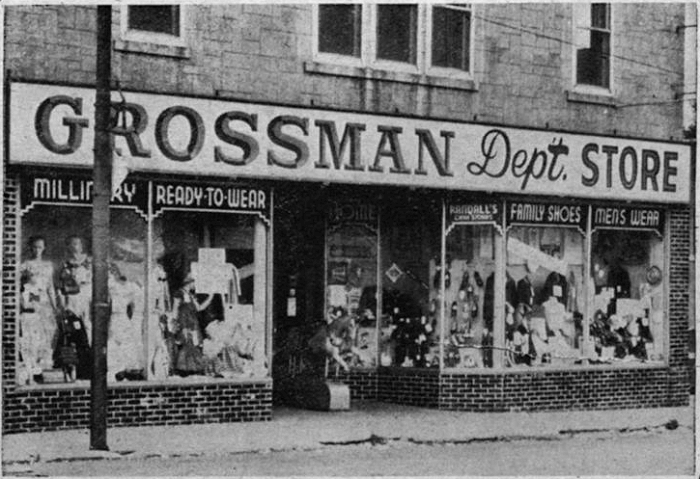
The home is 150 feet long from front to back and proportionately wide. It is decorated with exquisite elegance and divided into four sections by coated packets for the many portions of the broad business carried on there. Quickly at the entrance is the main section, which is completely dedicated to selling furs and fans. The second features haberdashery pieces in every portrayal, such as silks, muslins, ribbons, gloves, etc. In the third Store, on the right, you will find a rich collection of diamonds, elaborate ormolu products, French timekeepers, and so on; on the left, you will find all of the many varieties of perfumes essential for the toilette. The fourth is a distinct section for millinery and dresses to ensure that no female apparel or embellishment is covered in the primary style of tastefulness and design. This concern has been headed for the last twelve years by the present owners, who have spared no effort or expense in ensuring the foundation of domination above all others in Europe and delivering it fully extraordinary in its compassion. Types of Departmental Store1. Discount StoresMarkdown department stores are often retail companies such as Walmart that sell things at a lower price than the market price. They provide a vast range of segments and constraints on acquiring many items. 2. Off-Price StoresThese department shops are often owned by a single-item brand or a group of item marks. In these outlets, customers can access restricted results of a certain brand because they purchase directly from the manufacturer. End-of-season things, overproduction items, and other items may be found at such stores. 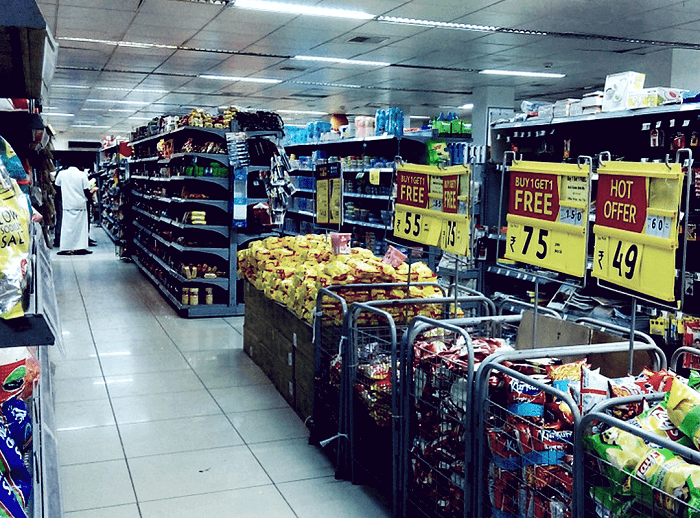
3. Outlet StoresThese are smaller department shops claimed by a single producer brand and stock just that brand's products. They have a broader selection of one particular brand's items than other department shops. A Nike discount store, for example, will include a greater variety of Nike products than a typical department store that also sells Nike products. Further limits can be realized from such stores. 4. Junior Departmental storesThese smaller department stores result from an extravagant price range that cannot be found in ordinary stores. In these establishments, the individual departments mostly function alone and have free checkout. Regardless, it is still held by a single association and the board. 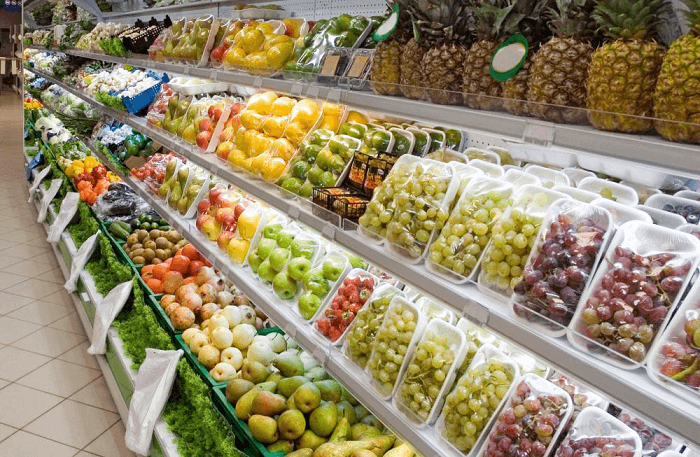
5. Category-Specific StoresAn actual example of such a department store would be 'Toys Rus,' a toy and children's goods-oriented department store. Such stores rely on a broad categorization of items such as food and food, kid necessities, and so on. Everything associated with that class is available in the Store, but no other classes are. 6. Warehouse StoresThese are the largest department shops that also serve as stockrooms for many brands. They frequently stock items in huge amounts and similarly sell them. These department shops operate in a variety of ways, such as offering part-time storefronts and so on. Costco Discount is an example of a stockroom kind of department store. Advantages of Departmental Store1. The Economy in Large-Scale BuyingA department store purchases things in large quantities. It increases the Store's selling force. Producers allow significant markdowns to Department Stores. Similarly, buying in bulk saves on cargo expenses, transportation and cartage, and so on. 2. Economic in AdvertisingA department store is a large-scale retail association. Massive department shops try large-scale promotion operations, ensuring reserve cash in advertising expenditures. Simultaneously, one department's advertisement serves as the other department's commercial. As a result, it may stand to have enticing promotion through various ad mediums. Huge scope Publicizing lowers the cost of promotion while increasing its effectiveness. Department stores can undertake deal advancement tasks concurrently. 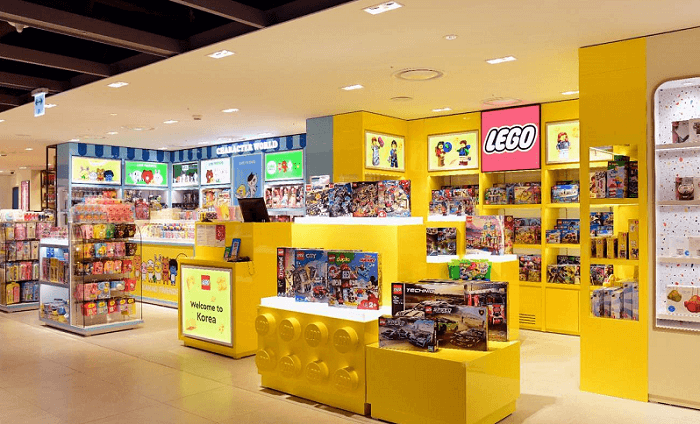
3. Economy in OverheadsBecause a Departmental Store does business on a massive scale and is divided into several departments, the Store's overhead expenditures are dispersed over multiple divisions. Despite this, extensive scope exchange has reduced generic Departmental Store overheads to a bare minimum. 4. Services to CustomersClients obtain a few free offices, for example, a restaurant, entertainment, understanding room, postal station, banking, and so on. These stores make shopping a pleasure. A few department stores furthermore provide financing and home conveyance services to customers. Customers can get crucial services from department shops. Almost all of their daily necessities are provided for them under one roof. When a customer enters a Department Store, he does not have to walk from one Store to the next to purchase his necessities. He finds everything he needs in the Department Store. 5. Service ElementAside from selling merchandise, retail chains offer various services to their customers. A Departmental Store provides mail and wire offices, phone, toilet, caf�, playing around, and other services. 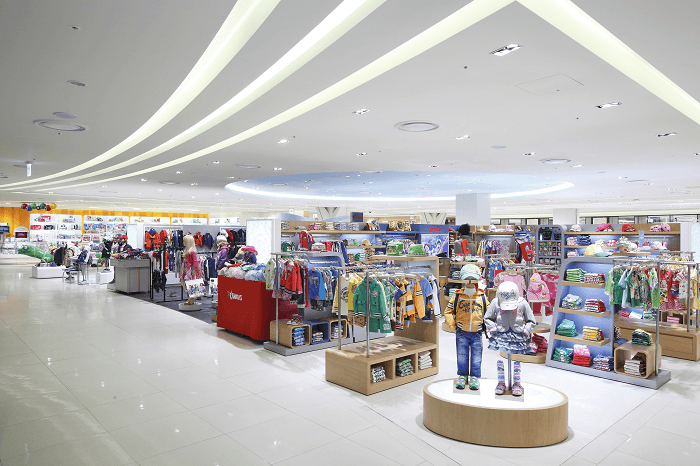
6. Assured Sales of Standard GoodsDepartmental Store bargains in standard items, as it were. It makes certainty among Buyers that they are getting the full worth of their money. 7. Effective After-Sale ServiceDepartment stores not only sell but also provide valuable after-purchase perks. Clients are guaranteed a specified term, and if they have troubles within that time, they may go to the Store and resolve their concerns. 8. Helpful to Customers in Making SelectionDepartment stores are both an enormous market and a reliable pal. These establishments maintain a large inventory of items and assist customers in purchasing decisions. 9. A Symbol of ModernizationDepartment shops are becoming increasingly popular among buyers in major urban areas because they serve as a superficial focus of attraction. Shoppers take delight in going into a department store to make a purchase. Disadvantages of Departmental Store1. Departmental Store Needs Higher Operating CostsThe cost of running a department shop is quite significant, because a retail store is located in the structure, the rent is quite costly. It also provides private administrations and offices, spends more on promoting, and pays highly skilled representatives. This large number of costs raises the previously mentioned uses of a department shop. 2. Departmental Store is Difficult to SuperviseA department shop has numerous departments and countless selling units. Co-appointment, administration, and control of many departments may be difficult to imagine. Workers over-craft challenges of convincing management and command in the absence of competent personnel. 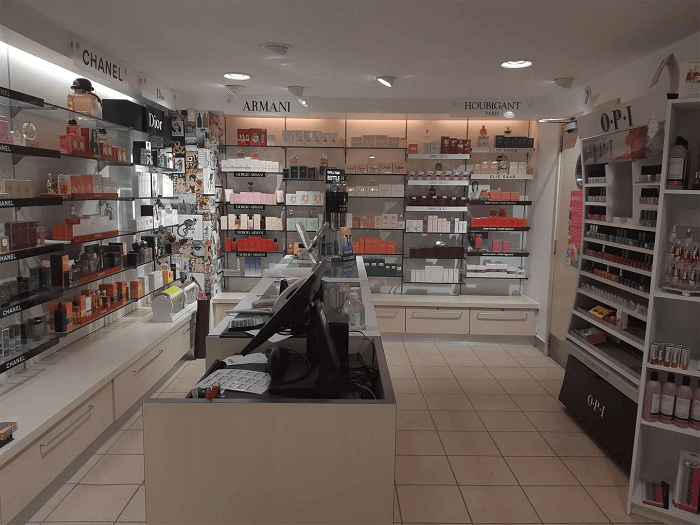
3. Departmental Store Always Needs Huge CapitalA department store has multiple departments that handle various product offers since it sells everything under one roof. A substantial change is necessary to move such a major retail partnership forward. 4. Departmental Store Maintains High PricesOverall, the expenses of items sold in a departmental store are higher than those in various little retail shops. 5. Departmental Store Don't Supply all GoodsDepartment shops are not intended to deal with an extensive variety of retail movements. They provide particular product assortments. It is truly unthinkable for them to provide all product varieties or types. 6. Departmental Store has to Deal with TheftsThere is a risk of stealing, burglary, abuse, and other crimes at large stores. Both clients and staff members can perpetrate robberies. 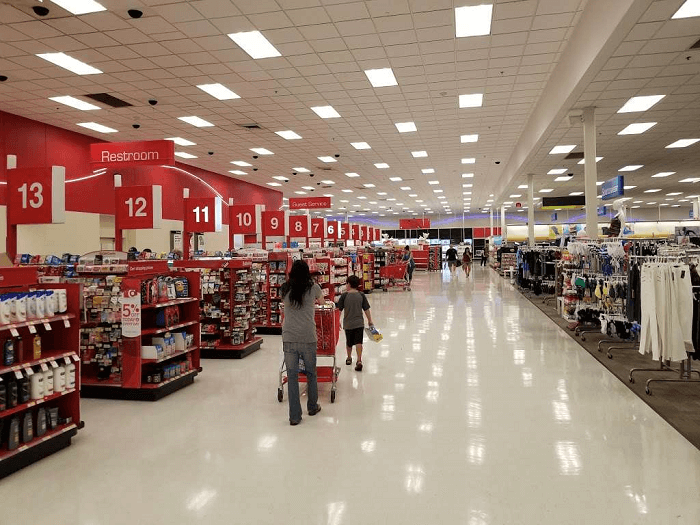
7. Departmental Store gets Low Customer FeedbackDepartment shops provide services to a large number of customers. Sales representatives at retailers, who are salaried employees, can hardly focus on all clients, because of the lack of touch with the clients, their criticism may be extremely low or, in some situations, non-existent. 8. Departmental Store Needs the Services of SpecialistsThe departmental Store requires the administration of experts to design and deal with the Store. In any case, it is hard to delegate and keep up with subject matter experts. |
 For Videos Join Our Youtube Channel: Join Now
For Videos Join Our Youtube Channel: Join Now
Feedback
- Send your Feedback to [email protected]
Help Others, Please Share









